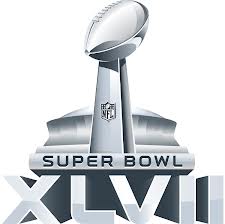When I walked into class the first day and heard about the assignments, I said to myself: “Oh man, not another group project”. In my short time as a Sauder student, I thought I had already been a part of enough groups, especially since I am somewhat of an independent worker. Surprisingly, though, the assignments have shaped not just my team-working ability, but also my comprehension of the subject matter, and have also exposed me to establishing new friendships outside of my norm.
If I had a do over, I would be sure to be aware of the advantages of the course set up, and get involved from day 1. It took me a while to get around to feeling comfortable with the team, which is something I wish I had done early on.
However, maybe the most important thing I have learned, which I can still apply for the final, is to learn the subject matter for my personal learning, and not to simply pass the course. I have always aimed at getting high grades in school, but not always have I established a personal connection with the content. What I have learned is that if you study a subject not to get a good grade, but to TRULY learn it for yourself, not only will you do better, but it will stick around! Too many times have I gotten a good grade, to forget it completely within a month of taking the exam!
This has only been brought to my attention thanks to this reflective post, as well as personal endeavors that have required knowledge learned in university. As it turns out, school work IS used in the real world!



